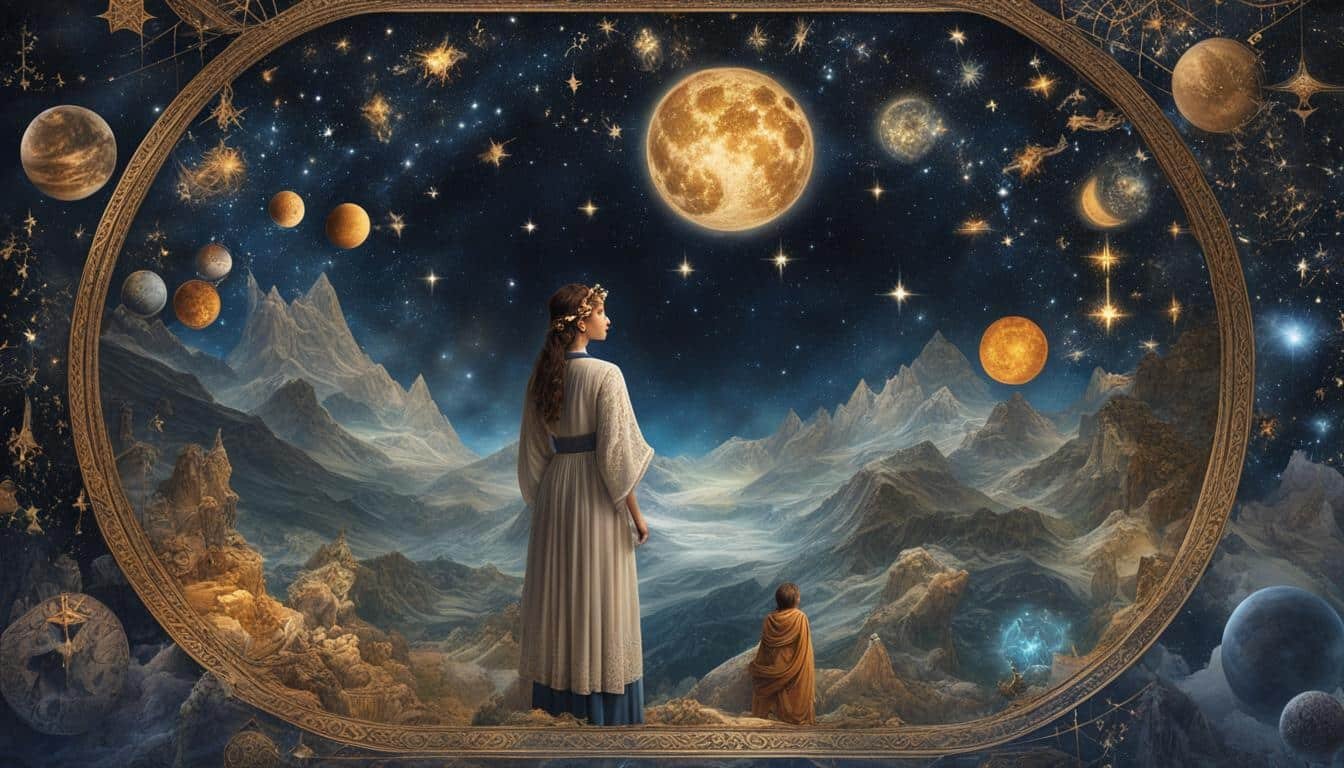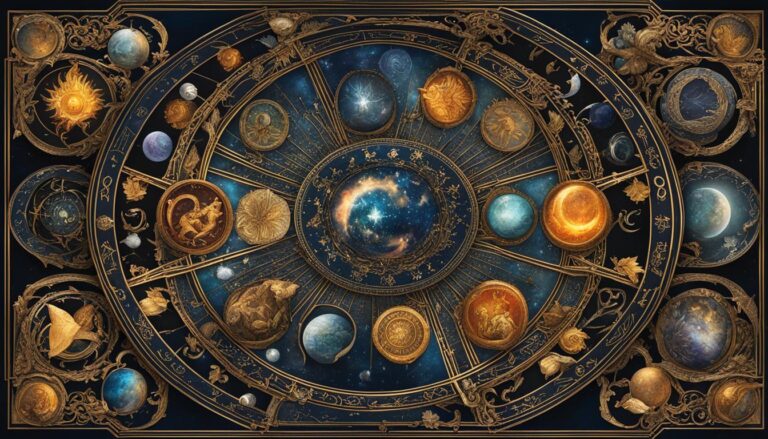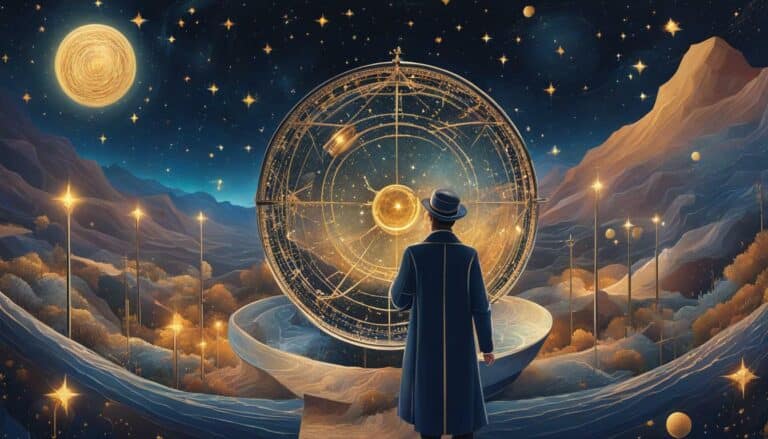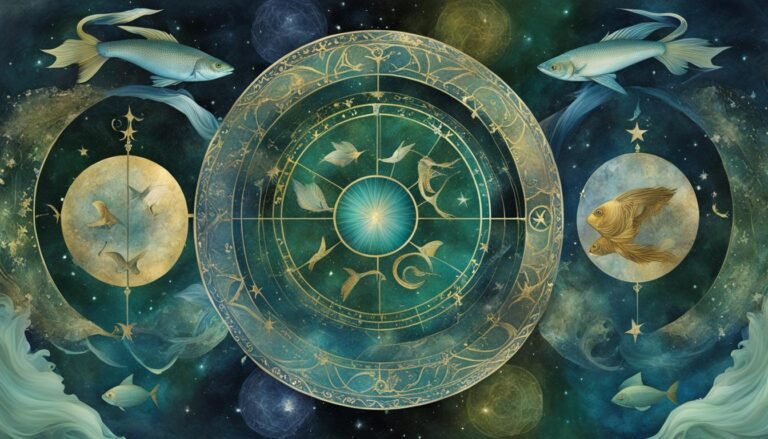Why Do People Believe in Astrology?
Have you ever found yourself gazing up at the night sky, wondering how the positions of the stars and planets might shape your life? The allure of astrology is undeniable, captivating the hearts and minds of individuals from all walks of life. It is fascinating to consider how celestial bodies millions of miles away could hold secrets about our personalities, relationships, and destinies.
Belief in astrology goes beyond mere curiosity; it taps into a deep longing within us to find meaning and understanding in the complex tapestry of life. Astrology provides a framework through which we can make sense of our experiences and gain a sense of control in an unpredictable world.
But what compels people to put their trust in the cosmic dance of the stars and planets? There are psychological reasons underlying this belief, drawing individuals in and providing solace during times of uncertainty. Understanding these reasons can shed light on the enduring appeal of astrology.
Throughout this article, we will explore the intricacies of astrology belief. We will delve into the underlying psychological factors that drive people to embrace this ancient practice. From the comfort astrology offers during tough times to the allure of uncovering our life’s purpose, we will journey into the depths of why astrology continues to captivate minds and hearts.
Key Takeaways:
- Astrology provides comfort and a sense of control in unpredictable times.
- Belief in astrology appeals to those seeking validation for their self-identity.
- It offers stability and helps individuals find meaning in their quest for purpose.
- Astrology thrives during difficult periods, offering insights into personality and navigating uncertainty.
- The Barnum effect and cognitive biases play a role in reinforcing astrology beliefs.
The Appeal of Astrology during Tough Times
During challenging periods, astrology tends to experience a surge in popularity. It offers individuals a valuable tool for self-discovery, gaining insights into their personality, and finding meaning in life.
Astrology appeals to those who believe in external forces and are searching for a sense of control. It provides a sense of stability and reassurance amidst uncertainty, allowing individuals to navigate the complexities of existence.
By exploring their zodiac sign and birth chart, people can uncover their unique gifts and talents. Astrology offers confirmation and encouragement in self-identity, empowering individuals to embrace their true nature and pursue their life purpose.
Moreover, astrology delves into the concept of fate, sparking contemplation about the larger forces at play in one’s life. It prompts individuals to question their role in the universe and seek answers to the profound questions of existence.
The uncertainty inherent in difficult times can leave individuals feeling lost or confused. Astrology serves as a guiding light, providing insights and guidance to navigate the twists and turns of life. It offers a sense of direction and purpose, helping individuals make informed decisions and shape their destiny.
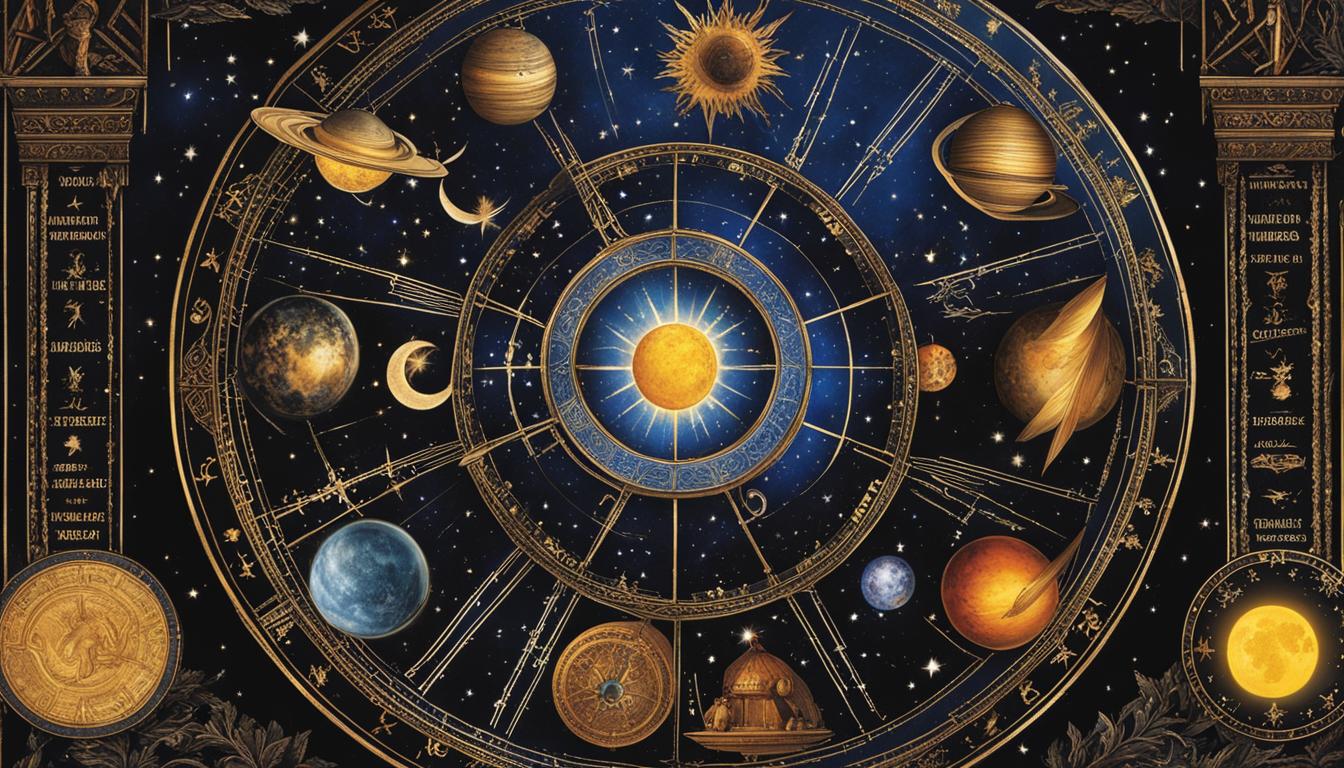
Throughout the centuries, astrology has transformed from simply predicting events in the population to providing individuals with personalized interpretations of their lives and personalities. Today, astrology is deeply ingrained in popular culture and remains a source of fascination and exploration for many people.
Conclusion
While astrology may not have scientific validation and is considered a pseudoscience, it continues to be a popular source of entertainment and personal exploration. Many individuals find solace in astrology during complex times, seeking comfort and meaning in the alignment of the stars and planets. Belief in astrology is driven by various psychological factors, such as the desire for self-validation and the need to understand one’s identity.
Astrology also exploits cognitive biases, like the Barnum effect, where people tend to accept general personality descriptions as highly accurate and specific to themselves. It offers a sense of control and stability in uncertain times, allowing individuals to navigate the unknown based on predictions and interpretations.
Although astrology may not be backed by scientific evidence, it continues to captivate people’s fascination, offering a way to ponder destiny, explore personality traits, and contemplate the mysteries of the universe. Whether it serves as mere entertainment or a lens through which we view our lives, astrology remains a popular and enduring cultural phenomenon.
FAQ
Why do people believe in astrology?
People believe in astrology for various reasons. It can serve as a coping mechanism during difficult times, providing comfort and making sense of complex situations. Astrology appeals to those who perceive an external locus of control and seek validation for their self-identity. It also offers stability and a sense of meaning in the face of uncertainty, helping individuals in their quest for self-discovery and understanding their place in the world.
How does astrology appeal to individuals during tough times?
Astrology appeals to individuals during tough times by offering insights into their personality, helping them find purpose in life, understand their fate, and navigate the uncertainties they face. It provides a tool for individuals to develop their unique gifts, gain confirmation and encouragement in their self-identity, and seek an illusion of control through external forces. Astrology can provide stability and a sense of meaning, serving as a valuable source of guidance and support.
What role does the Barnum effect play in belief in astrology?
The Barnum effect, also known as the Forer effect, plays a significant role in people’s belief in astrology. This effect causes individuals to falsely believe that general personality descriptions or predictions are highly accurate and specific to them. Astrology takes advantage of cognitive biases like confirmation bias, where individuals seek information that confirms their beliefs and ignore contradictory information. Astrology provides general and ambiguous descriptions that people perceive as highly precise and applicable to themselves, reinforcing their belief in its accuracy.
What are the origins and evolution of astrology?
Astrology originated in Babylon over 2,000 years ago. The Babylonians established the 12 zodiac signs based on the 13 constellations along the ecliptic plane. Greek tradition solidified the signs we know today, and there are also influences from Chinese astrology. Each zodiac sign represents roughly a month’s time based on the position of the sun, moon, and planets. Astrology evolved from predicting events in the population to providing individualized predictions based on the relative position of the stars at the time of birth.
Is astrology considered a science?
No, astrology is not considered a science and lacks scientific validation. It is classified as a pseudoscience. However, astrology can still serve as a source of entertainment and personal exploration. Despite its lack of scientific evidence, astrology continues to capture the fascination and interest of many individuals, offering a way to engage with questions of destiny, personality, and the mysteries of the universe.

